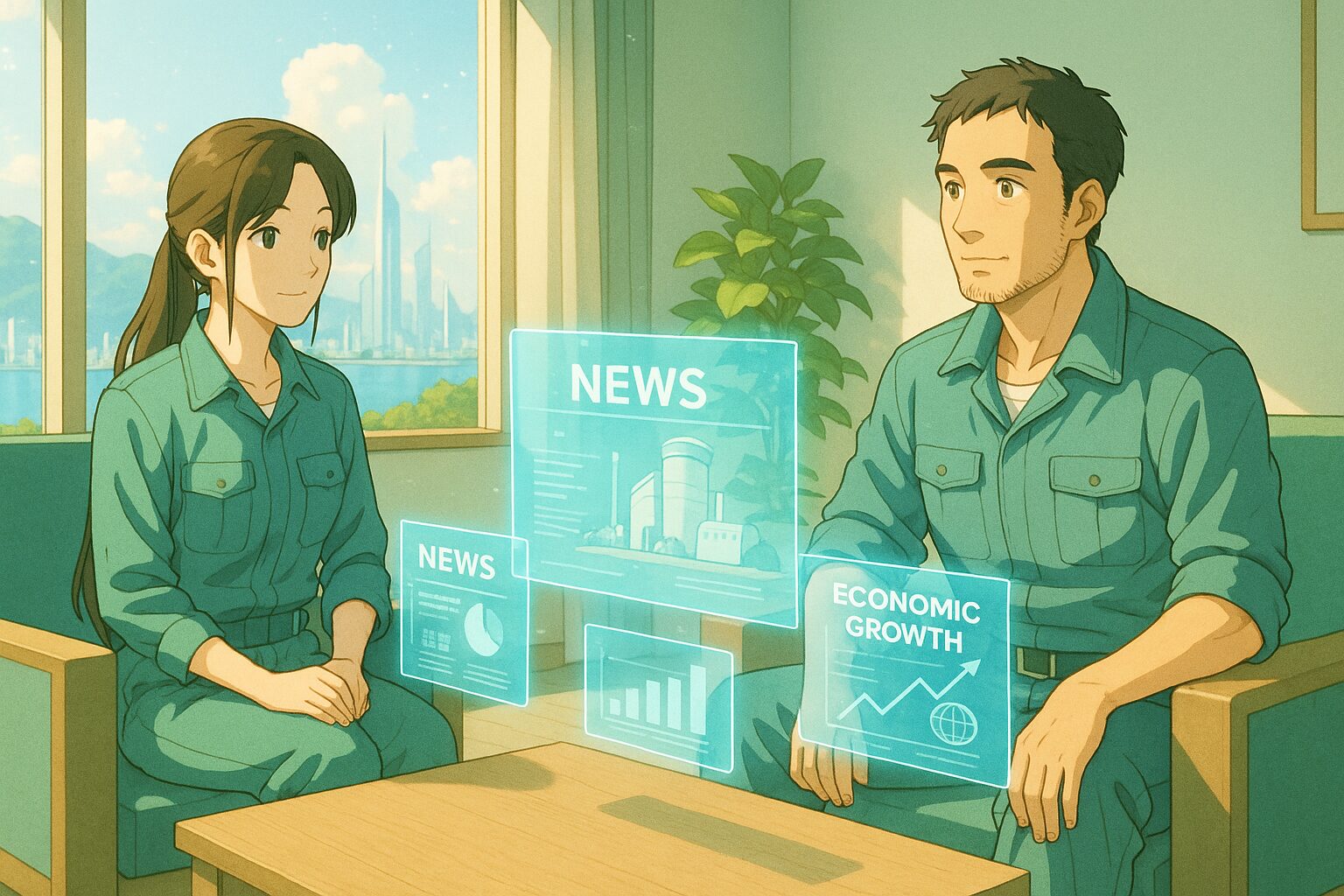At the forefront of space development, the Japanese startup ispace is attracting attention. Despite two past failures in lunar landing, their challenges continue unabated. If they continue to succeed, how will our future change?
1. Today’s News
Source:
Japan’s ispace envisions profitable lunar missions despite setbacks: CEO
Summary:
- ispace aims to commercialize lunar transportation and maintains a positive attitude despite past failures.
- Founder and CEO Takafumi Hakamada outlines a roadmap for the future.
- He discusses the challenges facing the company’s goals.
2. Considering the Background
Space development requires not only technical challenges but also immense funding and a long-term vision. From an era of government-led projects, there is now increasing participation from private enterprises. This has intensified competition and birthed new business models. Efforts by companies like ispace make space feel more approachable, while also testing their ability to learn and grow from failures. If this trend continues, it may impact our daily lives.
3. What Will the Future Hold?
Hypothesis 1 (Neutral): A Future Where Lunar Transportation is Common
As a direct change, transportation to the moon will occur regularly. This will lead to the establishment of research facilities and resource mining bases on the moon. Ultimately, space travel may become common, enhancing people’s adventurous spirit and scientific interest.
Hypothesis 2 (Optimistic): A Future of Significant Growth in the Space Industry
With ispace’s success, many companies will enter the space business, leading to rapid industry growth. As a result, employment in space-related fields will increase, and new technologies will be developed. People may start dreaming of living in space, enhancing efforts to solve Earth’s environmental issues from an extraterrestrial perspective.
Hypothesis 3 (Pessimistic): A Future Where Interest in Extraterrestrial Activities Wanes
If failures continue, investment in space development may decline, forcing companies to withdraw. Consequently, technological innovation might stagnate, leading to diminished interest in space. In such situations, addressing issues on Earth will take precedence, and space will again become a distant concept.
4. Tips for Us
Thought Process Tips
- It’s vital to maintain interest in space development. By paying attention to daily news and information, and forming your own opinions, you can expand your future choices.
- Deepening your understanding of technology and science allows you to incorporate new perspectives into your life.
Small Practical Tips
- Increase your knowledge by watching space-related documentaries or reading books.
- Exchange opinions about space on social media or with friends to broaden your interest.
5. What Would You Do?
- Will you actively continue to follow news about space development?
- Are you interested in learning about space-related technologies yourself?
- How do you think about balancing Earth’s environmental issues with space development?
What kind of future have you envisioned? Please share with us through social media quotes or comments.









